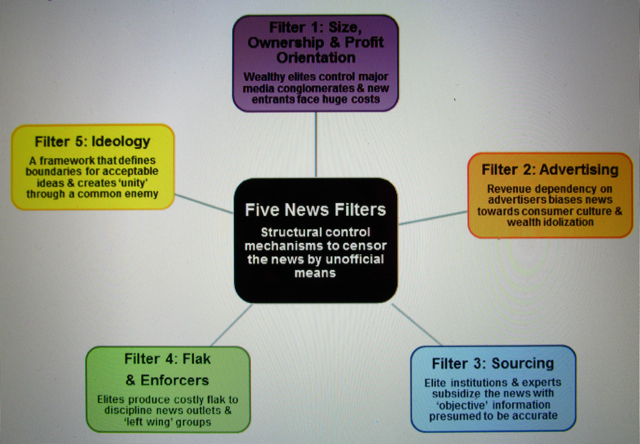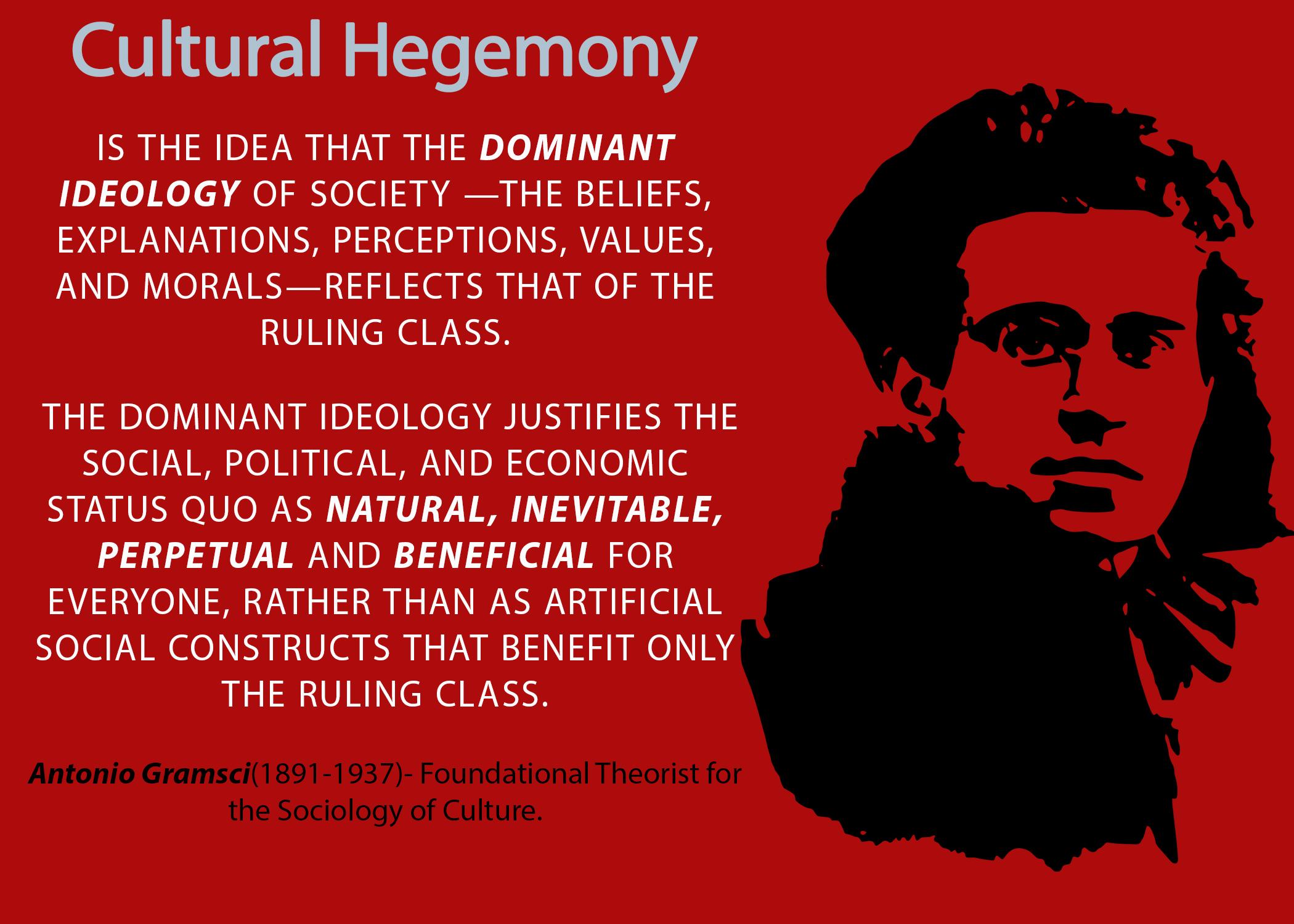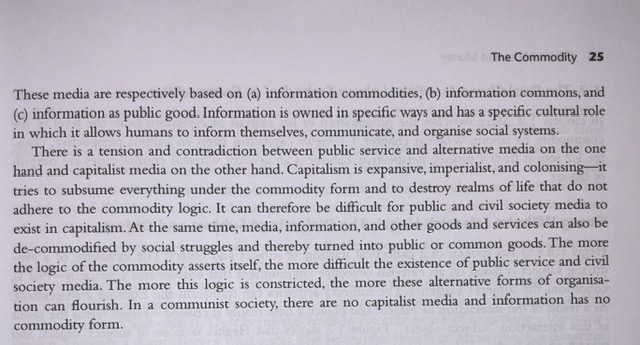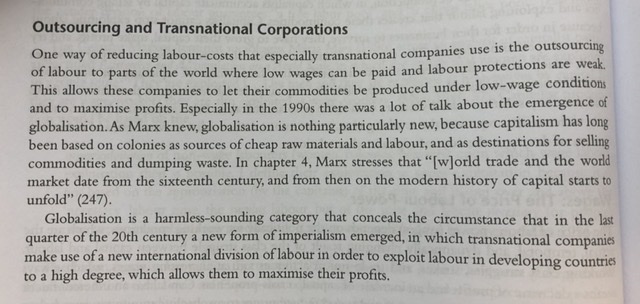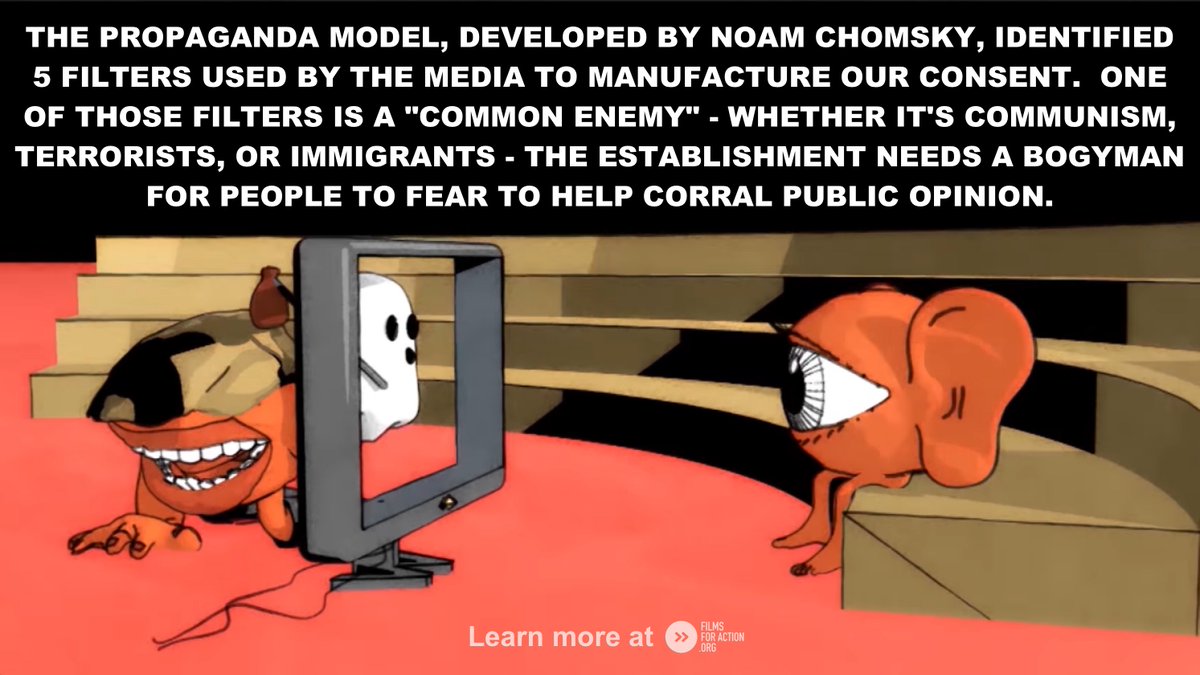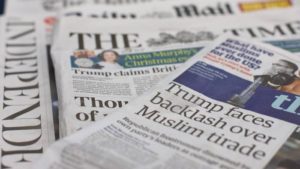Louis Althusser:
Louis Althusser looked at Ideological state apparatus (ISA) which refer to the structures filled with ideological ideas and beliefs that are connected to States and dominant interests and idea. ISA’s are complied with as they constantly reinforced and viewed by the mass as what is ‘right’, ‘normal’ and ‘expected’. IDA’s includes the theory behind how atrocities such as Slavery and Genocide are allowed to happen as they are ideas formed by the ruling classes to trap everyone into set beliefs and actions. He also theorised about Interpellation and haling which are the way in which identity is formed by the way that you are perceived by others and in turn see yourself due to the reinforcement of these ideas.
Habermass:
Habermass came up with the theory of the free press whereby the stated that the media/the press should be free from interference and bias, ownership and political control. He argued that the free should be made by the people for the people and deliver factual and unbiased accounts.
Curran and Seaton:
Curran and Seaton further developed the idea of Habermass that the media/press should be free from interference and bias, ownership, political control. They also stated that the patterns of ownership and control are the most significant factors in how the media operate. They recognised the dangers and issues associated with this such as domination and control of the mass by only filtering dominate ideals and biased assumptions through the media mainstream.
Noam Chomsky:
Chomsky devised the theory of manufacturing consent and the five filters in which it is obtained. Manufacturing consent is theory behind the way in which dominate powers corruptly control and artificially gain consent from the masses through the media. This is obtained through Chomsky’s five point filters, Financial ownership (Monopolistic companies, striving for profit and financial control aim to obtain this through any means) Advertising news (advertising paying media companies to attain audiences and cover cost of media production) Media Elite (the role and influence mass co-operations have within journalism) Flack and Anti-Communism. Financial ownership: Monopolistic c
Antonio Gramsci – the concept of hegemony / hegemonic struggle

![Resensi Buku] Manufacturing Consent - Noam Chomsky](https://www.hermandonk.com/wp-content/uploads/2018/11/Propaganda-Model-Med-1080x675.jpg)
